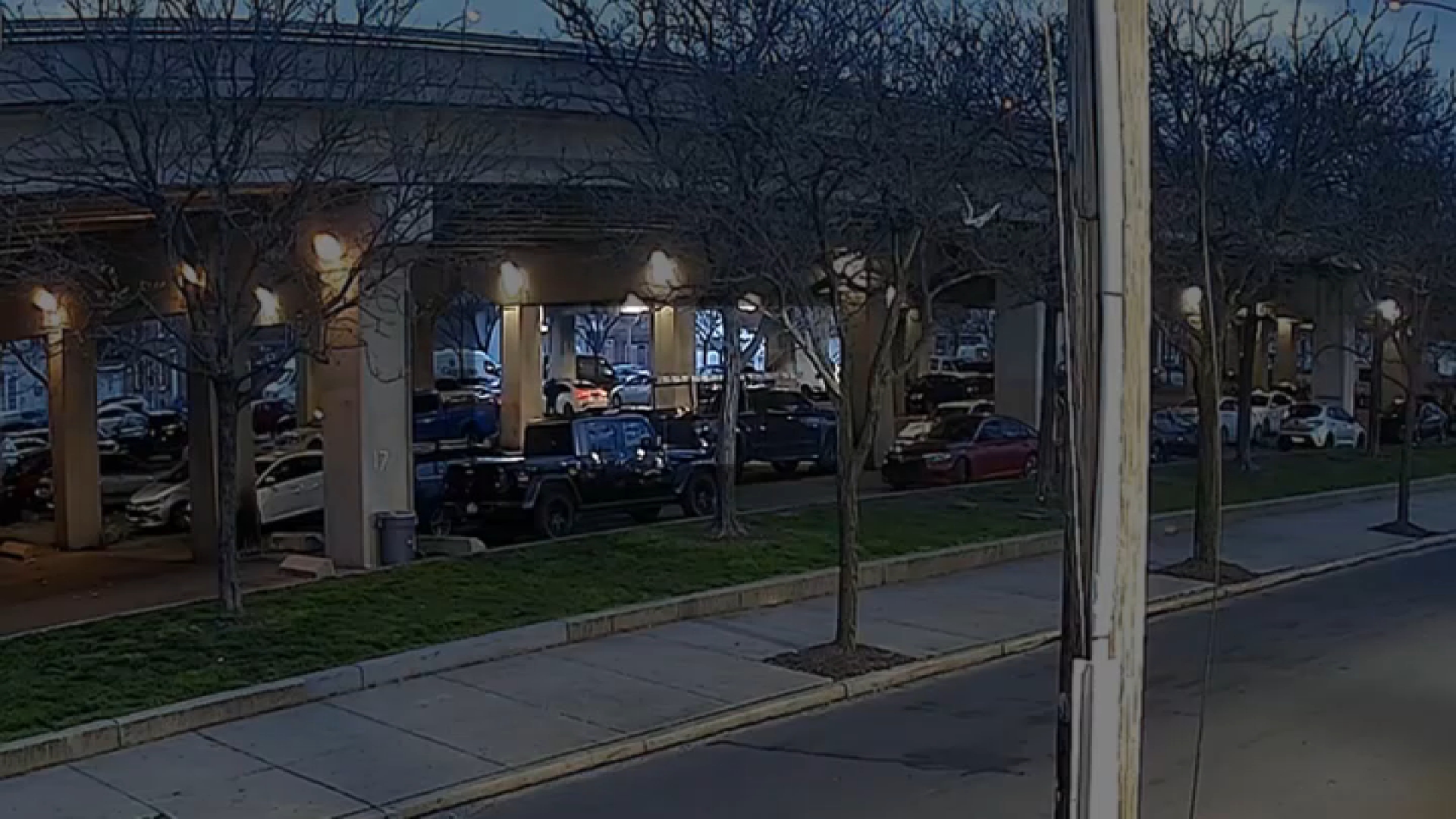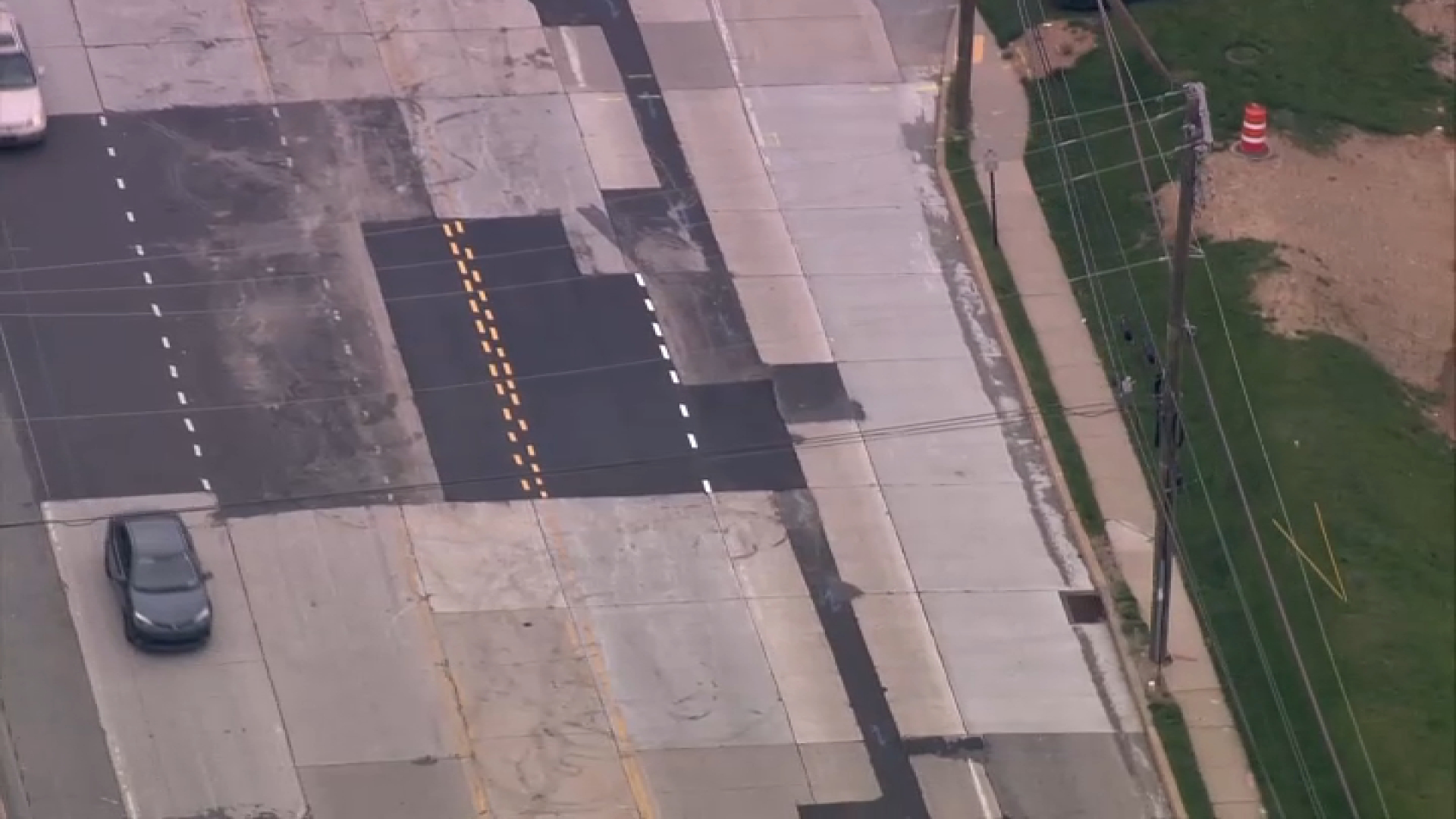They are a ubiquitous and often an irksome part of suburban life in New Jersey, known for carrying rabies and tearing through garbage.
Now raccoons are at the center of a legal battle between animal rights activists and state regulators, one that may soon head to the New Jersey Supreme Court.
At issue is a Christie administration policy that allows the use of a controversial trap that led to the capture and killing of thousands of raccoons by fur trappers earlier this year.
The case hinges on whether "enclosed foothold traps'' approved for use last year by the New Jersey Fish and Game Council are similar enough to steel-jaw traps that were banned 32 years ago by lawmakers because they were considered "inhumane and cruel.''
The new traps will be used again when raccoon season begins on Tuesday after an appellate panel sided with Fish and Game last month, saying there was a enough of a difference in the two traps to uphold the policy. A coalition of animal rights and environmental groups will appeal the decision to the state high court this month, their lawyer said.
The traps are very effective. Used for the first time during the previous raccoon trapping season from last November through this past March, the traps helped catch 12,600 raccoons- a 77 percent increase from the year before and the most in 25 years, according to state trapping data.
Enclosed foothold traps act similar to a mouse trap with a steel bar in a baited, two-inch-wide cylinder snapping down on a raccoon or opossums' paw.
Local
Breaking news and the stories that matter to your neighborhood.
Opponents say they are essentially the same as the illegal jaw traps because they are excruciatingly painful to the animals that are caught in them.
"These traps snap on the animal just like the old ones did, and they suffer for days until the trapper comes around,'' Dante DiPirro, a lawyer representing the coalition, told The Record . "It causes the same exact kind of cruelty that the legislation intended to prohibit.''
Supporters of the trapping policy say the devices are more humane than the steel-jaw traps and are small enough to prevent dogs from being caught. They also argue that it will help contain a growing raccoon population.
"We are the most densely populated state, and we have some of the most densely populated pockets of wildlife,'' said Ed Markowski, legislative coordinator for the New Jersey Federation of Sportsmen's Clubs. "When you put those together, you have a chance of some unpopular interactions.''
Animal rights and environmental groups have said policies like the raccoon traps and expansion of the black bear hunt this year are a capitulation to small, special interest groups whose activities are wildly out of character with an increasingly suburban state.
Hunting licenses, meanwhile, have dropped precipitously almost every year from a high of 186,774 in 1971, to 34,679 in 2015. Trapping licenses went from a high of 4,406 in 1980, to a low of 454 in 1992, but have slowly increased to 1,405 this year.
The raw-pelt value of all the raccoons caught during the 2012-13 season was $96,675 based on reported fur sales, according to a state report.
Still, state officials have argued that trapping is important to the state economy.
There is an "economic ripple effect'' because trappers buy traps, supplies, gasoline, clothing, said Larry Hajna, a spokesman for the state Department of Environmental Protection, which oversees the council.
Trappers say their activities are more than just a money-making venture, where pelts sell for about $15 each.
They are preserving a heritage, they say, that goes back to the earliest days of North American settlements and is often passed down through generations.
Markowski of the sportsmen's club federation said there is an important public health element to trapping: The raccoon population needs to be controlled to prevent the threat of rabies.
Indeed, raccoons account for 77 percent of animals diagnosed with rabies, according to the state Department of Health. And there have been some well-publicized attacks this year by rabid raccoons, including one involving a 6-year-old Elmwood Park boy in January and another on a 76-year-old Boonton man in July.
But the last time a human contracted rabies in New Jersey was 1997, said Donna Leusner, a health department spokeswoman. And that was from a bat. It was the first human case of rabies since 1971.
While the economic and health implications were mentioned in the appellate decision, the ruling came down to essentially what constitutes a banned jaw trap.
The three-judge panel said the new traps "are made of steel, but they do not operate as 'jaws,' having only one part that moves to ensnare the animal when the animal pulls on a lever with its paw.''
Like their fight to have a court overturn the bear hunt four years ago, animal rights groups have a high burden to challenge the trap ruling. The panel's decision noted that the state Supreme Court has ruled that an agency's determination must be upheld unless "it is plainly demonstrated to be arbitrary.''
Because of this the New Jersey Sierra Club is also pressing the Senate to pass a bill that would essentially ban the newer traps. The Assembly passed an identical bill overwhelmingly last month, but it has not gotten much traction in the Senate.
"It's clear the citizens of New Jersey and the Legislature do not want these traps,'' said DiPirro, the animal rights and environmental coalition lawyer. "The only way they could get away with this is to change the rules internally.''
Markowski said lawmakers should recognize that raccoons pose a constant threat to residents.
"Our legislators should be more concerned with human rights and human health than animal rights and animal health,'' he said



